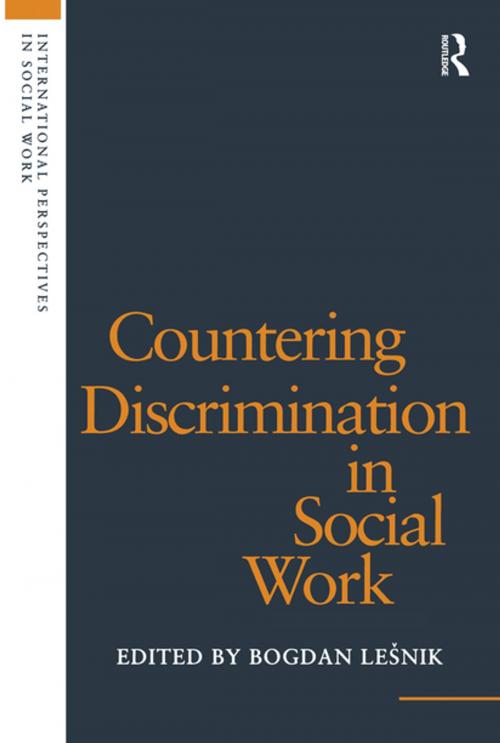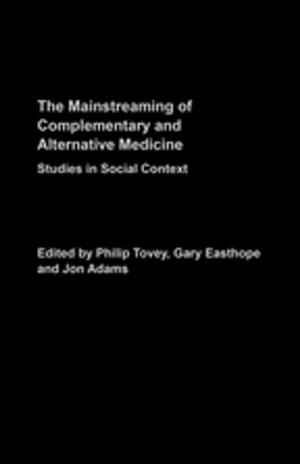Countering Discrimination in Social Work
Nonfiction, Reference & Language, Law, Labour & Employment, Social & Cultural Studies, Social Science, Social Work| Author: | ISBN: | 9781351948227 | |
| Publisher: | Taylor and Francis | Publication: | July 5, 2017 |
| Imprint: | Routledge | Language: | English |
| Author: | |
| ISBN: | 9781351948227 |
| Publisher: | Taylor and Francis |
| Publication: | July 5, 2017 |
| Imprint: | Routledge |
| Language: | English |
Discrimination? Isn't there enough talk about discrimination? Yes, indeed. That is why we have to begin countering discrimination. We need strategies that will make it inoperative or at least limit its scope. But first, we need to think how discrimination works and identify it where it works. It concerns far more than mere procedural hitches for which a few legal provisions will do. Countering Discrimination (Volume 1998 of International Perspectives in Social Work yearbook) brings papers that analyse mechanisms of social discrimination in a variety of such locations and bring proposals for counter-strategies. This is essential in social work if causes, rather than manifestations, of the problems it is concerned with are to be addressed. But it is also essential that everybody who opposes discrimination recognise its subtle and dispersed ways of operation in the human services, regardless of their own basic field of work. In this respect, the book will be useful to a very wide audience.
Discrimination? Isn't there enough talk about discrimination? Yes, indeed. That is why we have to begin countering discrimination. We need strategies that will make it inoperative or at least limit its scope. But first, we need to think how discrimination works and identify it where it works. It concerns far more than mere procedural hitches for which a few legal provisions will do. Countering Discrimination (Volume 1998 of International Perspectives in Social Work yearbook) brings papers that analyse mechanisms of social discrimination in a variety of such locations and bring proposals for counter-strategies. This is essential in social work if causes, rather than manifestations, of the problems it is concerned with are to be addressed. But it is also essential that everybody who opposes discrimination recognise its subtle and dispersed ways of operation in the human services, regardless of their own basic field of work. In this respect, the book will be useful to a very wide audience.















